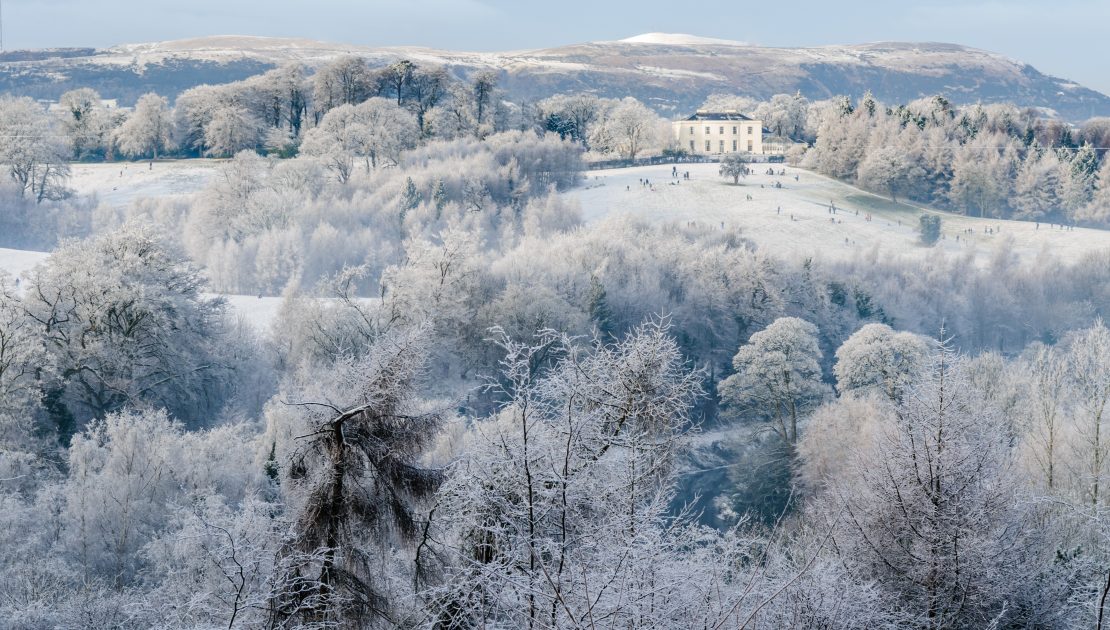Looking after your home in the Winter
Looking after your Home in the Winter

- 7 December 2023
- Comments: 0
- Posted by: Castleacre
Extreme weather events are here to stay for the foreseeable future. In winter this means that gale-force winds and flooding are occurring much more frequently.
Property owners often feel powerless but there are things we can do to protect our home against the more predictable features of the winter.
Here is how to help your house face the snow, ice, wind and rain:
- House Health Check– regular check-ups externally and internally can help protect your home against the winter weather. Guttering should be leaf and debris free so water can flow away from the roof easily; check roof tiles and chimneys and look internally at the roof to make sure timber is rot and vermin free; don’t forget to inspect drainage at ground level and window frames and latches.
- Tree Health Check – It is worth making regular inspections of trees within your property, and on the boundary, to check for disease and damage to larger branches and contact a tree specialist if you have any concerns. In an ideal world large trees which are too close to your house should be removed but this isn’t always possible if a preservation order is in place. Power lines and oil tanks are all susceptible to damage from falling branches and trees but people and pets are even more vulnerable.
- Garden Structures – It is advisable to maintain outbuildings and garden structures including green houses, walls and fences with the same care and attention you pay to your home. If a major storm is forecast it is also a good idea to secure or put away garden furniture and trampolines which can be dangerous in high winds and don’t forget to move cars and boats out of harms way.
- Heating and Water – water leaks are often the biggest headache for property owners – causing serious problems and of course water will freeze in situ if the temperature drops. Pipes in attic and floor spaces should be lagged. When the temperature drops down to zero it is a good idea to keep heating on at a low level to prevent pipes from freezing, which can rupture the pipes and cause serious leaks. Similarly if you are away over the winter it is a good idea to maintain a minimal level of background heating. Don’t forget to close off external taps during freezing conditions because they can also cause problems particularly on external walls.
- Snow and Ice – don’t forget to grit pathways in freezing conditions, ideally before the temperature drops below zero because it helps prevent surface freezing in the first place and unecessary accidents.

